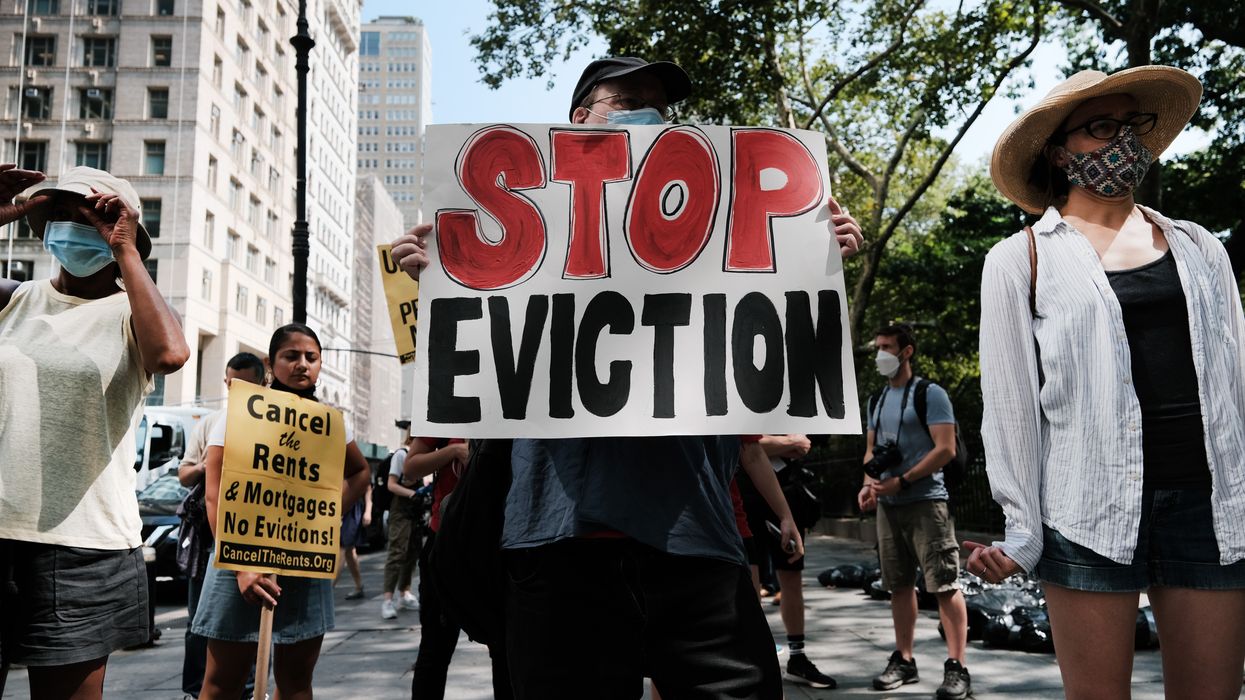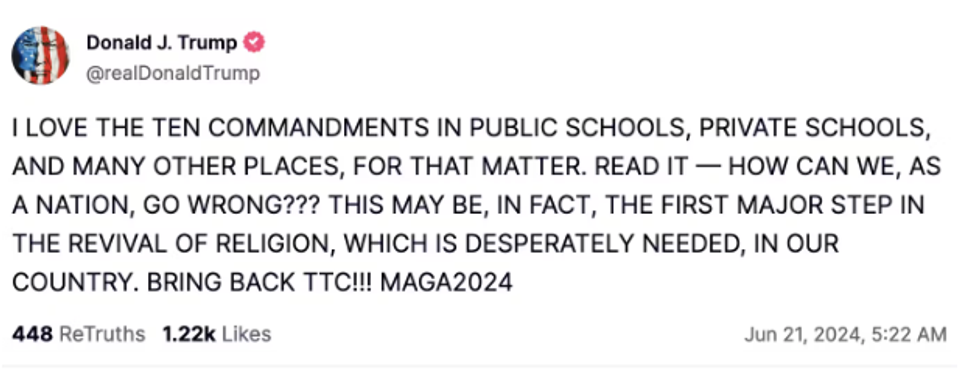‘You Cannot Annex Other Countries’: Greenland, Denmark Furious at Trump Special Envoy Appointment
Louisiana Gov. Jeff Landry's new title "changes nothing for us at home," said the leader of Greenland. "We decide our future ourselves."
The leaders of Denmark and Greenland have rejected President Donald Trump's plans to take control of the latter country "very clearly before," said Danish Prime Minister Mette Frederiksen and Greenlandic Premier Jens-Frederik Nielsen on Monday, but they were forced to make their resolve even more explicit after the US leader appointed a new special envoy to the autonomous Arctic island territory.
"National borders and the sovereignty of states are rooted in international law," said Frederiksen and Nielsen in a joint statement Monday. "You cannot annex other countries... Greenland belongs to the Greenlanders, and the US should not take over Greenland. We expect respect for our common territorial integrity.”
The two leaders spoke out after Trump announced his appointment of Republican Louisiana Gov. Jeff Landry as envoy to Greenland, with both men referencing plans to take control of the country of 57,000 people, which is part of the Danish kingdom.
"Jeff understands how essential Greenland is to our National Security, and will strongly advance our Country’s Interests for the Safety, Security, and Survival of our Allies, and indeed, the World," said the president Sunday evening.
Landry replied that it is "an honor to serve you in this volunteer position to make Greenland a part of the US."
While joining Frederiksen in forcefully rejecting any plans for an annexation of Greenland, Nielsen also dismissed Landry's new role in another statement.
“It may sound big," said Nielsen of the Trump administration's latest overtures. "But it changes nothing for us at home... We decide our future ourselves."
Trump has pushed for a takeover of Greenland since his first term in the White House, and he has ramped up efforts this year since returning to office. In August, Danish Foreign Minister Lars Løkke Rasmussen summoned Mark Stroh, the US chargé d'affaires in Denmark, after the country's public broadcaster reported that the Trump administration had launched a covert "influence" campaign to sew discord between Denmark and Greenland.
Earlier this year, polling showed that 85% of Greenlanders opposed joining the US. Hundreds of people protested in Greenland's capital, Nuuk, in March, ahead of US Vice President JD Vance's visit to the country.
Greenlandic photographer Orla Joelsen said Monday that should Landry come to the country, "he will be welcomed by a massive demonstration—larger than the one we held back in March this year."
The White House has said the US should take control of the mineral-rich island for "national security and even international security." According to the US Geological Survey, the Arctic holds 13% of undiscovered oil resources and 30% of undiscovered gas. The climate emergency and melting Arctic ice has also expanded the use of the northern ocean for trade shipping routes, and controlling Greenland would give the US a greater claim in the region.
Trump has threatened to use military action to seize Greenland, saying in March that the White House would "go as far as we have to” to take ownership of the island.
On Monday, Rasmussen told the press he plans to summon the US ambassador to Denmark, Ken Howery, to the European country to demand "an explanation" of Landry's appointment.
Rasmussen said Landry's statement about Greenland was "completely unacceptable."
“As long as we have a kingdom in Denmark that consists of Denmark, the Faroe Islands, and Greenland, we cannot accept that there are those who undermine our sovereignty," he said.
European Commission chief Ursula von der Leyen and European Council President Antonio Costa expressed "full solidarity" with Denmark and Greenland on Monday, calling territorial sovereignty "fundamental principles of international law."
"These principles are essential not only for the European Union," they said, "but for nations around the world."




